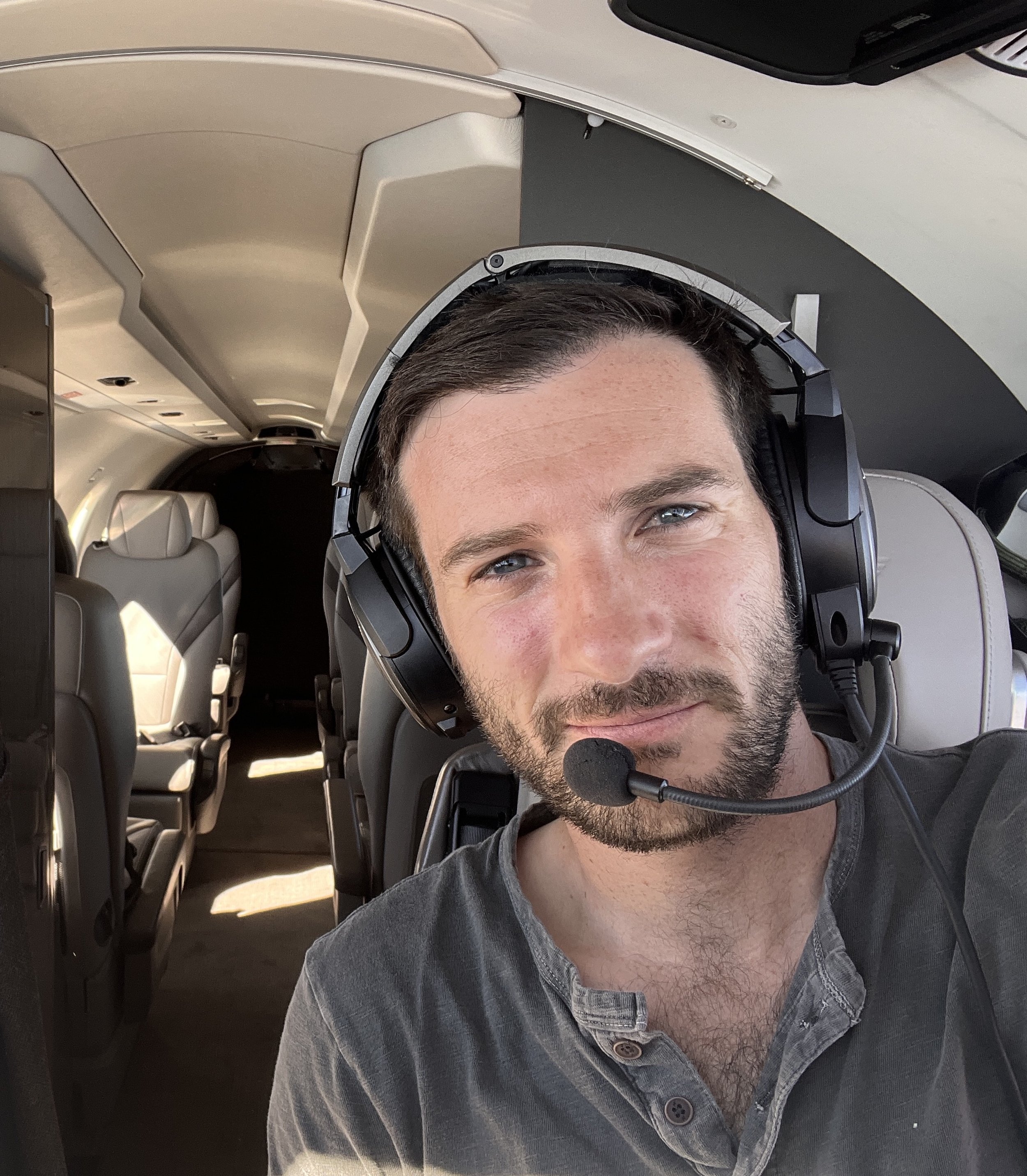Europe's largest helicopter operator, a new jet engine & more (The Allplane Newsletter #169)
There is a new episode of the podcast!
Ian Brooke, founder of Astromechanica, explains how this Y Combinator-backed startup is planning to disrupt engine making with the Electric Adaptive Engine it is developing. LISTEN TO IT HERE.
Advanced Air Mobility
Lilium, on the brink after the German eVTOL company failed to secure public support to shore up its financial situation. Some eVTOL companies are now in a situation in which funding has dried out right as they approach the final stages of development and certification, which is a pre-condition in order to be able to monetize the many order commitments they have so far secured.
In the meantime, EVE has secured a $88M loan from Brazil’s National Development Bank (BNDES) in order to continue with its development programme.
And Michael Cervenka, CTO at Vertical Aerospace (listen to our recent podcast episode with him), has stepped in on social media to bring a qualified voice to the debate about the feasibility (or not) of the eVTOL economy.
Hydrogen Aviation
Airbus is partnering with Toshiba to research superconductivity, which is seen as important to improve the flow of electric power through the aircraft systems, also in the future hydrogen-powered aircraft the European manufacturer is working on.
And this is not the only hydrogen-oriented partnership in Japan announced by Airbus, which is joining forces with Osaka Kansai airport and Kawasaki Heavy Industries to research the potential use of hydrogen at Japanese airports.
Sustainable Aviation Fuel (SAF)
Ryanair has had its emissions reduction targets validated by the Science Based Targets Initiative (SBTi). The low cost airline expects to reduce its emissions per seat mile by 27% by 2031 (compared to 2023) mainly through use of SAF and the induction into service of new, more efficient aircraft. As Patrick Edmond noted in a comment on Linkedin, this is a relative reduction, not in absolute terms.
Deutsche Aircraft has flown a D328 testbed aircraft powered exclusively with a zero aromatics fuel. The fuel, in this case, was made by South African energy firm Sasol to mimic the chemical composition of Power-to Liquids (PtL) fuel, although it was not made from sustainable sources. This flight is part of an emissions measurement initiative called CLIM0ART.
Dr. Klaus Radermacher (an earlier podcast guest) has published on AeroTime his well-informed view on the future of SAF.
Interesting insights about the different pathways to make SAF through the Alcohol-to-Liquids process, by Daniel Bloch, of LanzaJet.
Other sustainable aviation stories
A new research paper has estimated long-haul flights account for 39% of global emissions (compared to 5% of total flight movements). You can find the conclusions here (the main body of work is paywalled).
Other interesting aviation stories
I went to visit Avincis, Europe’s largest civilian helicopter operator, with some 220 aircraft in its fleet (which includes also some fixed wing airplanes). Here is my chronicle for AeroTime.
An Executive Spotlight interview with Richard Gaona, CEO of Comlux, a rather unique executive aviation company that covers pretty much all the stages of the value chain in private aviation (Richard Gaona was also a guest of our podcast).
Brussels Airlines has disclosed the 5 finalist designs of its next “Best of Belgium” livery. I must say they all look amazing! Which one do you like the most? The final decision is going to be taken by a jury soon.
Is it possible to build an A380-sized hangar in less than 6 months? Belgian firm Spantech shows it is!
An infograph showing the top 20 aerospace companies *by market cap*. This is far from being the full picture, though, as Robin Riedel noted, some important players like Embraer, Bombardier or Textron are absent (not enough market cap?) as are state-owned companies, like for example the Russian and Chinese aerospace conglomerates.


